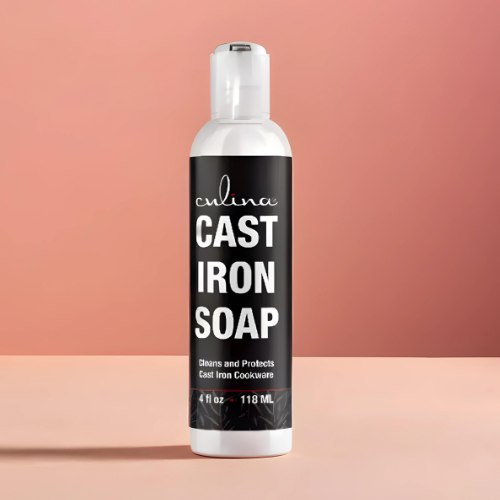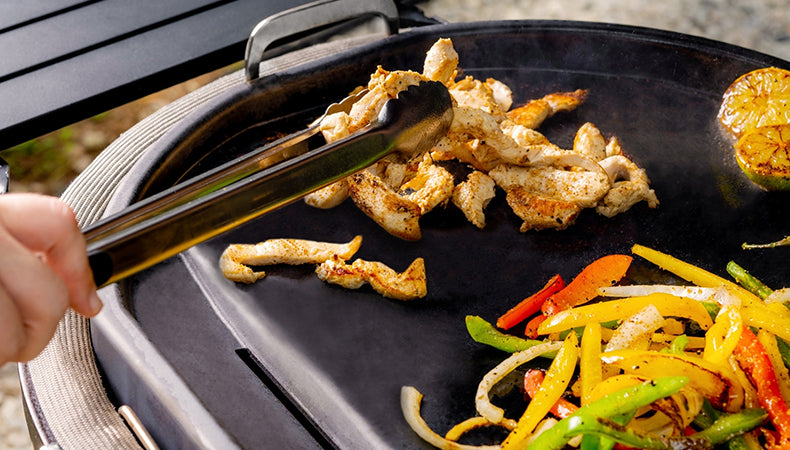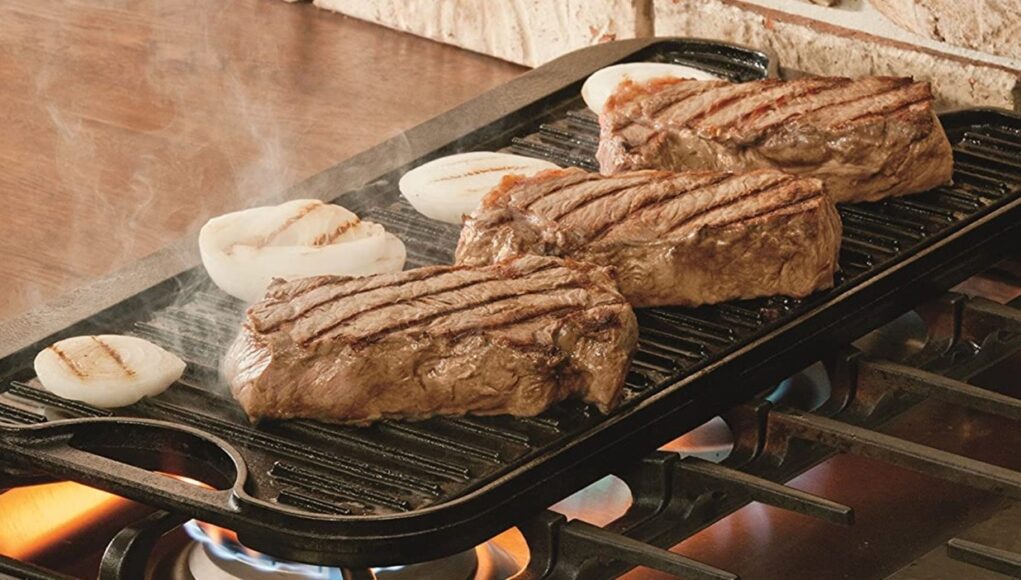How to Clean Rusty Griddle: Approved Tremendous Technology
Keeping a griddle in prime condition is essential for achieving the best culinary results. Whether you are a fan of sizzling pancakes or savory chicken dishes, a rusty griddle can be a nightmare. In this article, we will explore the steps and techniques on how to clean rusty griddle to ensure it serves you well for years to come.
A clean griddle not only enhances the taste and quality of your food but also extends the life of the griddle itself. This guide provides a detailed, step-by-step approach to removing rust and maintaining the hygiene of your griddle, ensuring it looks as good as new.

Understanding the Basics: Why Do Griddles Rust?
Before diving into the cleaning process, it’s essential to understand why griddles rust. Rust forms when the iron in the griddle reacts with oxygen and moisture in the air. This reaction is accelerated if the griddle is exposed to acidic foods or not properly dried after use.
Factors that Contribute to Rust
- Exposure to water and moisture
- Contact with acidic foods
- Lack of proper seasoning
- Improper storage conditions

Preparation: What You Will Need
Before you start cleaning your rusty griddle, gather the following materials:
- Warm water
- Mild dish soap
- Steel wool or a wire brush
- Baking soda
- White vinegar
- Clean, dry cloths
- Oil (vegetable or cooking)
- A protective glove

Step-by-Step Guide: How to Clean Rusty Griddle
Step 1: Initial Scrubbing
Begin by scrubbing the griddle with steel wool or a wire brush. This helps remove the top layer of rust. If the rust is severe, you may need to apply some pressure. Ensure you wear a protective glove to prevent injury.
Step 2: Create a Baking Soda Paste
Mix baking soda and water to form a thick paste. Apply this paste generously over the rusty areas. Baking soda helps to lift rust particles and break them down, making it easier to scrub off.
As an Amazon Associate, I earn from qualifying purchases.
Step 3: Scrub the Griddle Again
Use steel wool or a wire brush once more to scrub off the baking soda paste and loosened rust. Rinse the griddle with warm water to remove residue.
Step 4: Vinegar Treatment
Soak a clean cloth in white vinegar and place it over the griddle. Let it sit for about an hour to allow the vinegar to break down any remaining rust. Afterward, scrub the area with the same cloth.
Step 5: Rinse and Dry
Rinse the griddle thoroughly with warm water to remove all cleaning agents. Dry it completely with a clean cloth to prevent further rusting.
Step 6: Re-Seasoning Your Griddle
To protect your griddle from future rust, it’s vital to re-season it. Apply a thin layer of oil (vegetable or cooking) to the entire surface. Heat the griddle for about 15 minutes to allow the oil to polymerize and form a protective coating.
Internal link Reference
Maintaining a Rust-Free Griddle
Regular Cleaning
Clean your griddle after each use to prevent rust formation. Wipe it down with a damp cloth and dry it immediately.
Proper Storage
Store your griddle in a dry place to prevent moisture exposure. Consider using a cover if you store it outside.
Internal link Reference
Re-Season Periodically
Re-season your griddle every few months to maintain its non-stick and rust-resistant properties. The seasoning process forms a natural protective barrier over the surface.
External link Reference
FAQs
How often should I clean my griddle?
It’s best to clean your griddle after every use to prevent rust and maintain its quality. Regular cleaning ensures that food residues and moisture do not accumulate and cause rusting.
Can I use commercial rust removers on my griddle?
While commercial rust removers can be effective, they may contain harsh chemicals that can be unsafe for cooking surfaces. It’s safer to use natural cleaning agents like baking soda and vinegar.
Is it necessary to re-season the griddle after cleaning?
Yes, re-seasoning your griddle after cleaning is crucial. It provides a non-stick surface and prevents rust. Seasoning also enhances the flavor of your food over time.










